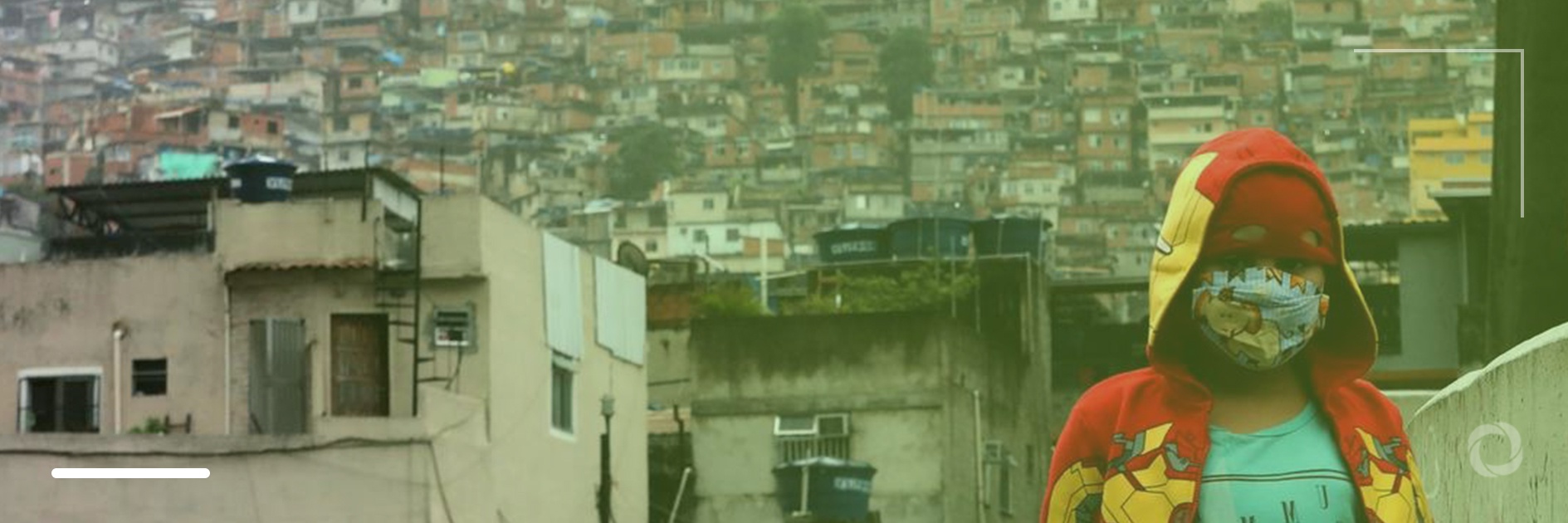While Brazil records its highest rates of cases and deaths provoked by COVID-19, the living conditions of those in the poorest areas in its cities have become unbearable with the levels of hunger, poverty, and violence surging.
Poorer and worse educated city dwellers are three times more likely to die due to COVID-19 than Brazilians who have higher education and wealth. Economic inequality in Brazil is very much related to high fatality rates, concluded a study published in the Lancet. The poor have not only less access to healthcare system benefits but they are also impacted by food insecurity and live in overcrowded favelas where it is extremely difficult to maintain social distancing not to mention the limited access to running tap water and sanitation facilities.
Moreover, the residents of favelas are very often employed in the informal sector which means they cannot afford to miss work by staying at home. They work as cleaners and food salespeople among other occupations and the fact is, if they don’t work, they don’t eat. The survey conducted by Data Favela, a partnership between the Instituto Locomotiva and the Central Única das Favelas (Cufa), a Brazilian non-profit supporting poorer communities, showed that 72% of favela residents in Brazil will run out of money after just one week of social isolation.
Gizele Martins, a journalist and community activist who helps favela inhabitants to access information about the outbreak, confirms that the majority of them are informal workers.
“People work to eat, which also forces many people out of their homes to try to keep their small businesses going, which means they put themselves at risk,” says Gizele.
Many residents of favelas rely completely on food delivered by charities. In Heliopolis, the biggest favela in São Paulo, “hunger lines” are a common sight. Marcivan Barreto, the head of CUFA said that before the pandemic about 300 people usually queued for food but now he claims the line is over 1000 and for some, the meal provided by CUFA is the first and last one they will have that day.
“You see people queuing up at 3 am for food. I’m very worried that as the pandemic continues, a hungry father will start looting supermarkets. When you’re starving, despair hits,” said Barreto.
According to the BBC, the latest estimates show that about 60% of all Brazilians are suffering due to food insecurity. At the beginning of the pandemic, the Brazilian government launched a relief program, “coronavauchers”, which meant that 67 million people were temporarily given 600 reais every month (the equivalent of US$107). This was the largest amount of money in the form of social aid in Brazilian history. However, the government suspended the program due to a lack of financial resources and launched another one with a significantly smaller budget, distributing 250 reais (approximately US$45-50) a month amongst fewer people.
The residents of the favelas are struggling not only because of hunger and poverty but also because of police brutality. Although the Brazilian Supreme Court suspended police raids in favelas during the pandemic, the latest data shows that between June 2020 and March 2021, 797 people were killed in the state of Rio alone as a result of police raids with 85% of these in Rio city and its surroundings. Although the raids are not an effective tool against organized crime, the police explained that their actions were in response to violent conflict over slums territory between local gangs. Unfortunately, not only gang members are the victims of police raids but also passers-by and people not involved in criminal activity.

